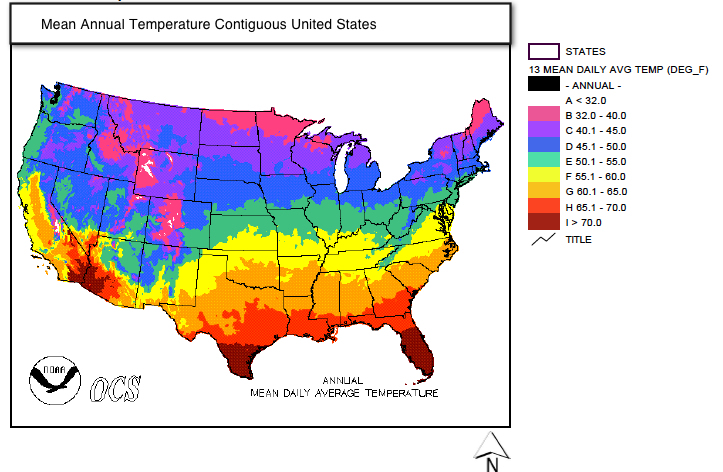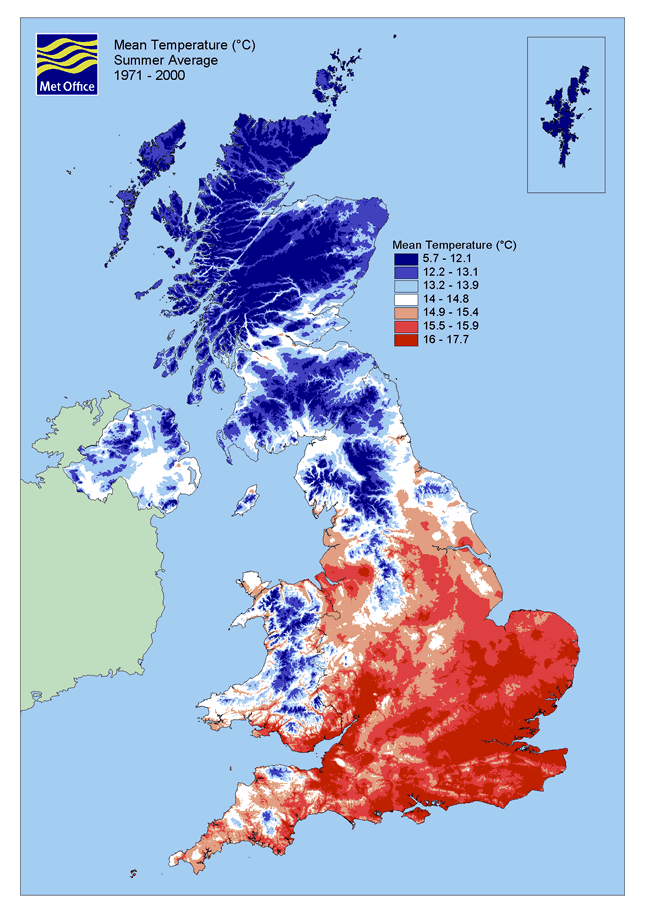One thing that posters like Lenwe and Indicus and many others seem to forget is that Argentina is, just like North America or Australasia, mostly in the temperate and not tropical zone, and hence much more suitable for European-style rather than tropical plantation-style agriculture. (At the very least, the Pampas/Littoral and Patagonia.) On top of that, again just like North America and Australasia, Argentina was empty before modern times except thinly populated and scattered native tribes. Whereas Ireland as well as India and much of Africa already had larger and more settled native populations. The only reason why I'm saying that Argentina is just off the North American/Australasian pattern is because it already has a large European but non-British population (much larger than in Quebec or the Cape), and in the case of the northwest, also kind of large concentrations of mestizos/Indians. (Whereas South Africa not only has a large Afrikaner/Boer population but an even larger native black population on top of it all throughout, which is why British Argentina's just off the South African pattern also.)
You’re neglecting numerous facts - I suspect Argentina, especially in the frontier where few economic benefits from trade will come, will be highly rebellious, especially with most of Spanish America independent. Furthermore, sending waves of Protestant Anglophone settlers will only result in more and more rebellions. Of course, Buenos Aires is likely to benefit from the trade with Britain, but outside that, I doubt it. The same divide between the capital and the provinces that affected Argentina’s trajectory is likely to assert itself. And Britain will likely crush these rebellions with an iron fist, which only breeds more resent, while the presence of rebellions is likely to further reduce immigration to Argentina.
And to flee British rule, more and more Argentinians will flee to the frontier, which naturally means that less and less land will be free of whites and open to settlement by Anglophones. I can imagine Britain could successfully settle Patagonia, but beyond it? I doubt it.
The result - an Argentina divided between Buenos Aires as a trading entrepôt, the provinces as hotbeds for rebellion, and Patagonia as its own wholly separate nation.


